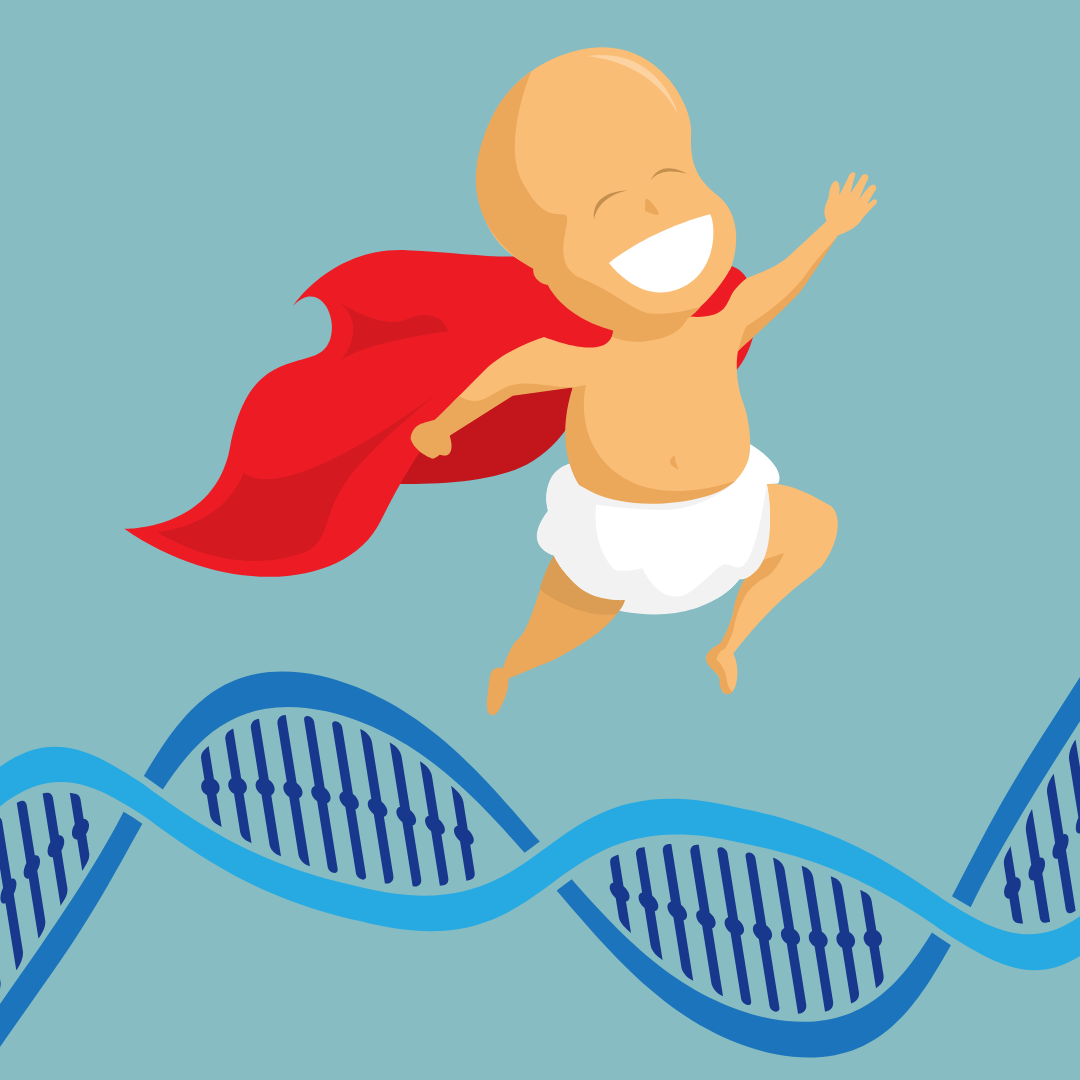Should We Use Gene Editing to Create Super Babies?
By Katie Hasson,
The New York Times Upfront
| 02. 17. 2025
A young couple wants to have a baby, but they’re worried it’ll carry a disease that runs in the family. “There’s a solution,” the doctor says, “a technology that can alter the disease-causing gene in the egg, ensuring that the baby is born healthy.”
“How about giving our child blue eyes and musical talent?” the parents ask. “I think I can help you,” the doctor says.
Such a conversation once belonged only in the realm of science fiction. But with advances in gene-editing technologies such as CRISPR, fiction might become reality. In 2018, a doctor in China announced that he’d used CRISPR to edit twin girls’ DNA to protect them against the AIDS virus.
But not everyone thinks the world is ready for all the implications of tinkering with human genes. For instance, who’d get to decide which traits should be changed? And aren’t the traits we’re born with part of who we are? In a recent Pew Research Center study, about half of Americans agreed that it was “meddling with nature” and “a line we should...
Related Articles
By Mike McIntire, The New York Times | 01.24.2026
Genetic researchers were seeking children for an ambitious, federally funded project to track brain development — a study that they told families could yield invaluable discoveries about DNA’s impact on behavior and disease.
They also promised that the children’s sensitive...
By Arthur Lazarus, MedPage Today | 01.23.2026
A growing body of contemporary research and reporting exposes how old ideas can find new life when repurposed within modern systems of medicine, technology, and public policy. Over the last decade, several trends have converged:
- The rise of polygenic scoring...
By Danny Finley, Bill of Health | 01.08.2026
The United States Food and Drug Administration (FDA) has a unique funding structure among federal scientific and health agencies. The industries it regulates fund nearly half of its budget. The agency charges companies a user fee for each application
...
By George Janes, BioNews | 01.12.2026
A heart attack patient has become the first person to be treated in a clinical trial of an experimental gene therapy, which aims to strengthen blood vessels after coronary bypass surgery.
Coronary artery bypass surgery is performed to treat...




